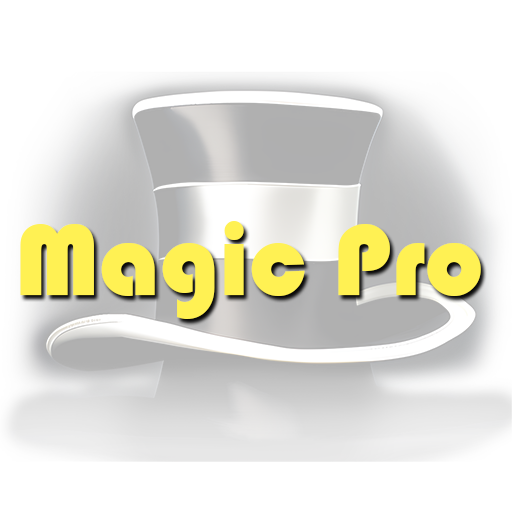Language is a vital component in the world of magic, playing a significant role in shaping illusions and the audience's perception of them. The effectiveness of a magic trick is often amplified by the magician's use of language, whether through verbal cues, narrative storytelling, or specific wording.
 The power of words in magic is deeply rooted in history and culture. For instance, the term 'Abracadabra,' often associated with magic, has historical significance. It is believed to translate to 'I will create as I speak' in Hebrew and 'I create like the word' in Aramaic, emphasizing the connection between speech and manifestation. This concept of words having the power of manifestation is not just limited to performance magic but can be found in various ancient texts and folklore, such as the Biblical story of creation and the Hebrew folktale of the Golem, where language or written letters are used to create or control.
The power of words in magic is deeply rooted in history and culture. For instance, the term 'Abracadabra,' often associated with magic, has historical significance. It is believed to translate to 'I will create as I speak' in Hebrew and 'I create like the word' in Aramaic, emphasizing the connection between speech and manifestation. This concept of words having the power of manifestation is not just limited to performance magic but can be found in various ancient texts and folklore, such as the Biblical story of creation and the Hebrew folktale of the Golem, where language or written letters are used to create or control.
In the context of a magic performance, language is used to direct and manipulate audience attention. Explicit instructions, like asking a volunteer to focus on holding an object, commit their attention to a specific task, making it easier for the magician to control where the audience is looking and what they are thinking about. This technique is a form of misdirection, a key element in many magic tricks. The concept of inattentional blindness, where people fail to notice unexpected things in their visual field when their attention is directed elsewhere, is frequently exploited in magic. This phenomenon was demonstrated in the famous "Monkey Business Illusion," where participants focused on counting ball passes missed a person in a gorilla costume walking across the screen.
 Furthermore, language influences memory and perception. The way magicians phrase their instructions and questions can affect how the audience remembers specific details of a trick. By asking a volunteer to remember a card while simultaneously performing another task, magicians leverage the limitations of human working memory, which relies on repetitive sub-vocalization to retain information. If not rehearsed, the details can fade quickly, making it easier for the magician to manipulate the audience's recall.
Furthermore, language influences memory and perception. The way magicians phrase their instructions and questions can affect how the audience remembers specific details of a trick. By asking a volunteer to remember a card while simultaneously performing another task, magicians leverage the limitations of human working memory, which relies on repetitive sub-vocalization to retain information. If not rehearsed, the details can fade quickly, making it easier for the magician to manipulate the audience's recall.
Additionally, the use of language in magic extends beyond just the performance. It encompasses the narrative and storytelling aspects, creating a broader context for the trick and enhancing the overall experience. The language used in magic performances often plays into cultural and historical narratives, making the illusions more relatable and impactful for the audience.

Language in magic is not just about the words spoken; it's about how these words shape the audience's reality, guide their attention, manipulate their memory, and enrich the magical experience. This intricate interplay between language and illusion demonstrates that in the world of magic, words truly have power.

